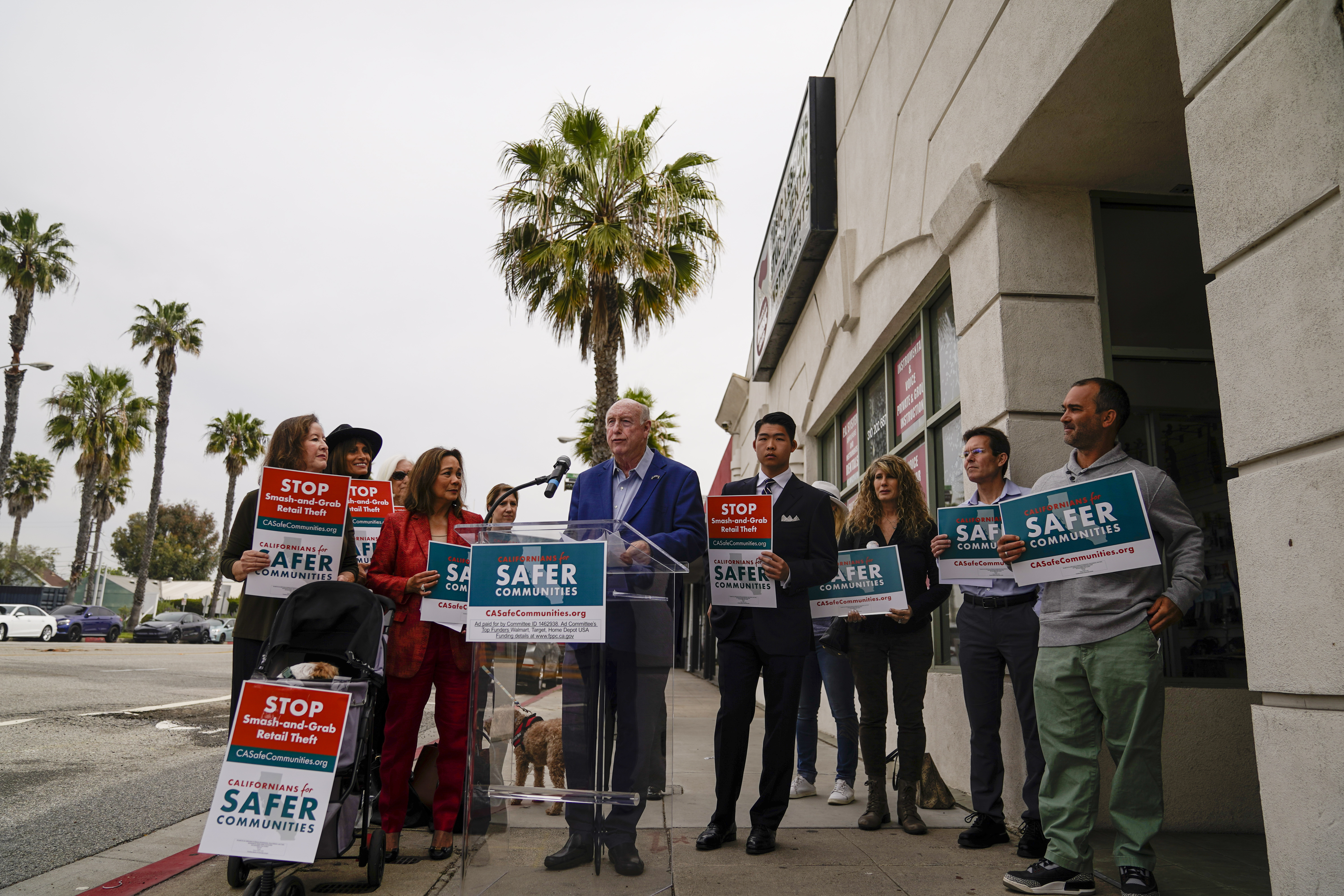Half of Richmond's at-large City Council may have to step down in the next election as the city changes to district-based elections in an effort to avoid costly civil rights litigation with Walnut Creek attorney Scott Rafferty.
Tuesday night's City Council meeting started off with a number of landlords criticizing two councilmen who in September proposed an ordinance giving tenants an opportunity to purchase their buildings before the property can be sold to a third party.
The ordinance did not appear on the meeting's agenda, but a series of property owners and their supporters decried the proposed policy as socialism during the initial public comment period. People in the audience chanted "vote them out," seemingly unaware that before the end of the night the council would take action rendering such a campaign moot.
As a result of litigation with Rafferty, cities all over California that used to elect council members on an at-large basis, meaning those officials could live anywhere in the city, have been forced to switch to district-based elections in which elected officials can only run for open seats for the district in which they reside.
Some cities have fought the change in court at great expense, according to the city attorney, but they lost and were forced to pay the plaintiff's attorneys fees. The cheapest option is to avoid a lawsuit.
If that happens, districts will be drawn up. Councilmen will only get to run as incumbents if the district they reside in is on the ballot.
Rafferty, who appeared during public comment, has argued that district elections improve minority representation in local government by allowing ethnic neighborhoods to elect someone from their own community.
Local
Richmond, however, may have one of the most racially diverse city councils in the Bay Area.
"If the purpose of district elections is diversity, this is not the way to do it in Richmond," Councilman Jael Myrick said.
Likewise Councilman Nat Bates, who is black, remarked that if any demographic was underrepresented on the council it was white people.
But Rafferty asserted the issue is a matter of accountability.
"It's not about the color of your skin, it's not about you at all," Rafferty said. "It's about the voters."
Rafferty recently won a similar battle against the West Contra Costa Unified School District. That became the subject of a heated exchange with Myrick -- who repeatedly asked the attorney if he would give the money he got as a result of that litigation back to the district.
He would not.
Rafferty declined to disclose the names of the plaintiffs he is representing in any potential lawsuit, which has not yet been filed, saying that the city would have to go to court to find out.
At one point Rafferty appealed to the mayor to set a hearing for the matter so it could be discussed at greater length than the time limits placed on public comments allow for, although no action was taken on that request.
Despite the council's misgivings, they followed the advice of the city attorney and passed a resolution declaring the city's intention to transition to district-based elections. Councilman Eduardo Martinez, however, pointed out that he was dissenting in protest.



